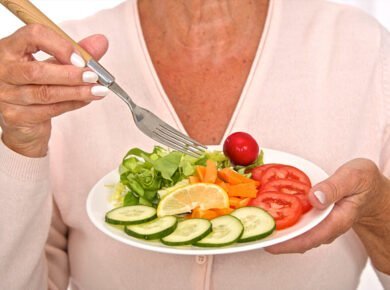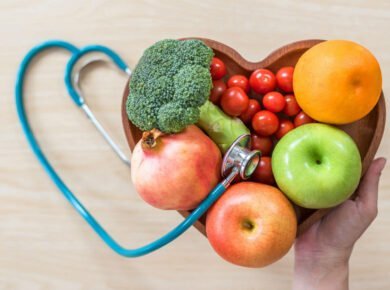In the fast-paced world of health and wellness, myths and misconceptions about diets abound. From fad diets promising quick fixes to conflicting advice on what’s truly healthy, it can be challenging to separate fact from fiction. In this comprehensive guide, we’ll delve into some of the most common diet myths, unveil the truth behind them, and help you discover your path to true wellness in 2024.
Table of Contents
- Understanding Diet Myths
- Myth 1: Carbs Are the Enemy
- Myth 2: Skipping Meals Helps You Lose Weight
- Myth 3: Fat-Free Means Healthy
- Myth 4: Detox Diets Cleanse Your Body
- Wellness Truth: Building a Balanced Plate
- The Importance of Physical Activity
- Case Studies: Real People, Real Results
- Conclusion: Your Journey to Wellness Starts Here
- FAQs: Your Burning Questions Answered
Understanding Diet Myths
The world of diets is full of myths and misconceptions that can lead to confusion and frustration. Understanding these myths is the first step towards making informed choices about your health.
Myth 1: Carbs Are the Enemy
One of the most common diet myths is that carbohydrates are bad for you. While it’s true that some carbs, like refined sugars and white flour, can be harmful in excess, complex carbs found in whole grains, fruits, and vegetables are essential for energy and overall health.
Myth 2: Skipping Meals Helps You Lose Weight
Another prevalent myth is that skipping meals can help you shed pounds. However, this approach often leads to overeating later in the day and can negatively impact your metabolism.
Myth 3: Fat-Free Means Healthy
Many people believe that opting for fat-free or low-fat foods is a healthier choice. However, these products often contain added sugars and other additives to enhance flavor, making them less nutritious than their full-fat counterparts.
Myth 4: Detox Diets Cleanse Your Body
Detox diets are popular for their promise to cleanse the body of toxins. However, there is little scientific evidence to support these claims, and some detox diets can be harmful to your health.
Wellness Truth: Building a Balanced Plate
The key to a healthy diet is to focus on balance and moderation. Building a plate that includes a variety of fruits, vegetables, whole grains, and lean proteins can provide the nutrients your body needs to thrive.
The Importance of Physical Activity
In addition to a healthy diet, regular physical activity is essential for overall wellness. Exercise not only helps you maintain a healthy weight but also improves your mood and reduces your risk of chronic diseases.
Case Studies: Real People, Real Results
To illustrate the power of healthy habits, we’ve included real-life case studies of individuals who have transformed their lives through diet and exercise.
Conclusion: Your Journey to Wellness Starts Here
By debunking common diet myths and embracing evidence-based practices, you can take control of your health and wellness in 2024. Remember, the path to true wellness is not about perfection but about making small, sustainable changes that lead to lasting results.
FAQs: Your Burning Questions Answered
Q: What’s the best diet for weight loss?
A: The best diet for weight loss is one that is balanced, sustainable, and tailored to your individual needs. Focus on whole foods, plenty of fruits and vegetables, lean proteins, and whole grains. Avoid crash diets or extreme restrictions, as they are not sustainable in the long term.
Q: How can I stay motivated to exercise regularly?
A: Staying motivated to exercise regularly can be challenging, but setting realistic goals, finding activities you enjoy, and enlisting the support of friends or a workout buddy can help. It’s also important to mix up your routine to keep things interesting and prevent boredom.
Q: Are cheat days okay?
A: It’s okay to indulge occasionally, but it’s important to do so in moderation. Planning for a treat now and then can help you stick to your healthy eating plan in the long run. Just remember to balance indulgences with healthier choices the rest of the time.
Q: What role do supplements play in a healthy diet?
A: Supplements can be beneficial for filling in nutrient gaps in your diet, but they should not be used as a substitute for whole foods. It’s best to get your nutrients from a balanced diet whenever possible. If you’re considering taking supplements, consult with a healthcare professional to determine what’s right for you.














